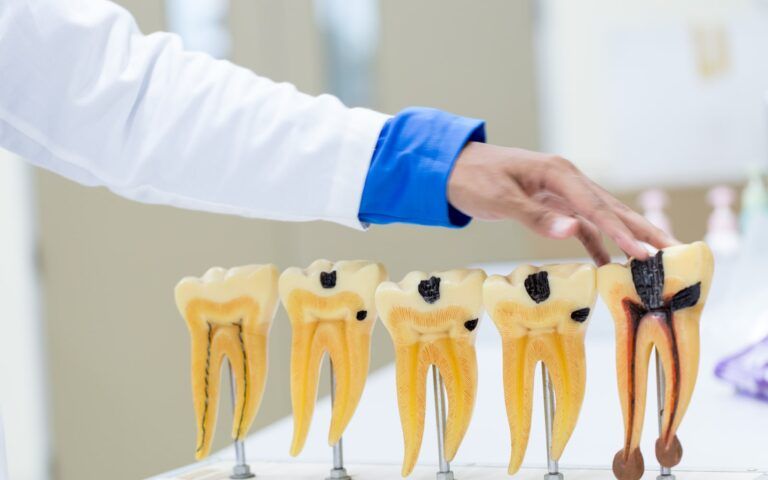The Causes of Root Resorption and its Endodontic Remedies

Despite how it sounds, root resorption is quite a common condition among those who’ve had some oral injury or infection. This condition, however, cannot be avoided, as it can harm your oral health and cause further problems with your teeth and gums. While many dentists can treat root resorption, endodontists have a particular specialty in treating the root system, and because of how common this condition is, your endodontist can effectively treat this condition in many ways. Below, we’re going to describe some of the causes of root resorption and how endodontists can treat it.
The Causes and Symptoms of Root Resorption
Root resorption is more of a process than a condition because, in many cases, it occurs in many situations. This process occurs when the body breaks down and absorbs tissues surrounding the tooth, eventually dissolving the tooth’s root structure. It can happen both internally and externally. Internal root resorption happens when absorption occurs within the root canal space, while external root resorption occurs at the root surface. External root resorption occurs more frequently than internal, but internal root resorption can often be misdiagnosed as external root resorption due to how infrequent it is.
As for the causes, root resorption can occur due to many reasons, but one of the main reasons this occurs is due to losing baby teeth. As our teeth move from baby teeth to primary adult teeth, the roots of the baby teeth can be reabsorbed back into the jawbone, allowing for the primary teeth to form and push the baby tooth out of the socket. However, there are other conditions that can preside it, including tooth infections, tooth movement from orthodontic treatment, impacted teeth, and chronic teeth grinding. In adults, this condition happens asymptomatically, but symptoms of conditions that cause root resorption can affect it, including intense tooth pain, gum inflammation, and temperature sensitivity.
Endodontic Treatments for Root Resorption
Root resorption treatment widely varies, but your endodontist can diagnose the type of root resorption you’re experiencing to understand it better and treat it. There are a variety of treatments your endodontist can use, including:
- Root Canal Treatment: Root canal treatments can clean out the inner cavities and root channels of the tooth and help preserve whatever tooth roots are left from the resorption process.
- Dental Crowns: For affected teeth that caused root resorption, crown removal and replacement can help preserve your oral health and help correct the remaining issues with your affected tooth.
- Oral Surgery: For root resorption that’s causing pain, oral surgery can be performed to help remove the remaining roots and treat the affected area.
- Tooth Extraction: As a last resort, root resorption can be treated through a tooth extraction.
All of these treatments highly depend on your endodontists’ diagnosis and recommendations for root resorption, and if you’re suffering from any form of severe tooth pain caused by infection or injury, seek out treatment by contacting and scheduling an appointment with your primary dentist today.
